What is the Bookfeeding Project
On one of the best managed channels on Medium, The Development Set, we read first-hand depositions about NGOs and charities that just don’t make it work. Or do it in the wrong way.
The question emerges spontaneously: which humanitarian action is truly effective, and who benefits from it? Or, to better put it: what is its ultimate goal?
We could list a number of reasons that make humanitarian action hard to deliver. Impossible logistics, political instability, lack of funds, unqualified personnel, clashing values, scarce impact monitoring, wrong evaluation methods. Just to mention a few among the most familiar issues.
The Bookfeeding Project is rooted on a model that has been long underestimated. First of all, its action spins around two main values, if we can call them so: Education and Community.
We are convinced that education is one of the main vessels to eradicate chronic poverty, and we believe in the sharing of people’s unique skills and knowledge towards the improvement of a community as their own.
We do not only try to build communities in the areas we work locally, but connect those communities into a community of Bookfeeders. When others travel to work in a project it is not to serve or volunteer, but with the aim of building a global community based on mutual and reciprocal learning and understanding. Everybody’s help is welcome, appreciated, needed and wanted.
How does it work? We support communities to establish libraries to be used as educational centers. We help the community to refurbish it with material and second-hand books shipped from collection points around the world. Most important, we do this upon a call from the community — here is a very brief introductory video: https://vimeo.com/bookfeeding/about
In many rural areas, or at the outskirts of important urban settlements, the presence of a safe venue to deliver classes and educational activities is crucial to promote fair education. Also, in many cases these cannot afford a proper equipment, and we work with the community to provide the facility with tools such as second-hand laptops. The community owns the library and manages it.
Our intervention is limited to the initial support and eventual monitoring of the project. Our projects so far are successfully taking care of the facility and improving it day by day. Their full engagement in the management of the library promotes the development of new skills, and also triggers responsibility for improvement and development of their own community.
Who engages in such a project, and why? Well, you’d be surprised. It’s the most colourful and diverse bunch of people, who all have one red thread in common.
Become Bookfeeders those who love to see a community growing, and in it, themselves. Slowly. Because cooperation is really important, and it is hardest to achieve. It is critical to share your skills and collaborate towards a positive impact on the community: it is really a slow process, but usually the more time it takes, the more effective and long-lasting.

